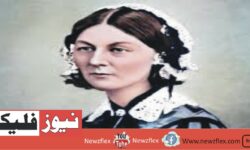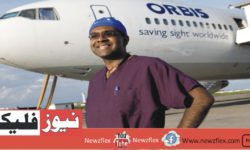Why are you interested in the medical field?
Why are you interested in the medical field? The medical field is more than a career. It’s a calling. It’s about helping people, solving problems, and improving the world. But why do some people feel such a strong pull toward it? Let’s dive deep into this question, challenge common ideas, and uncover truths that often […]







